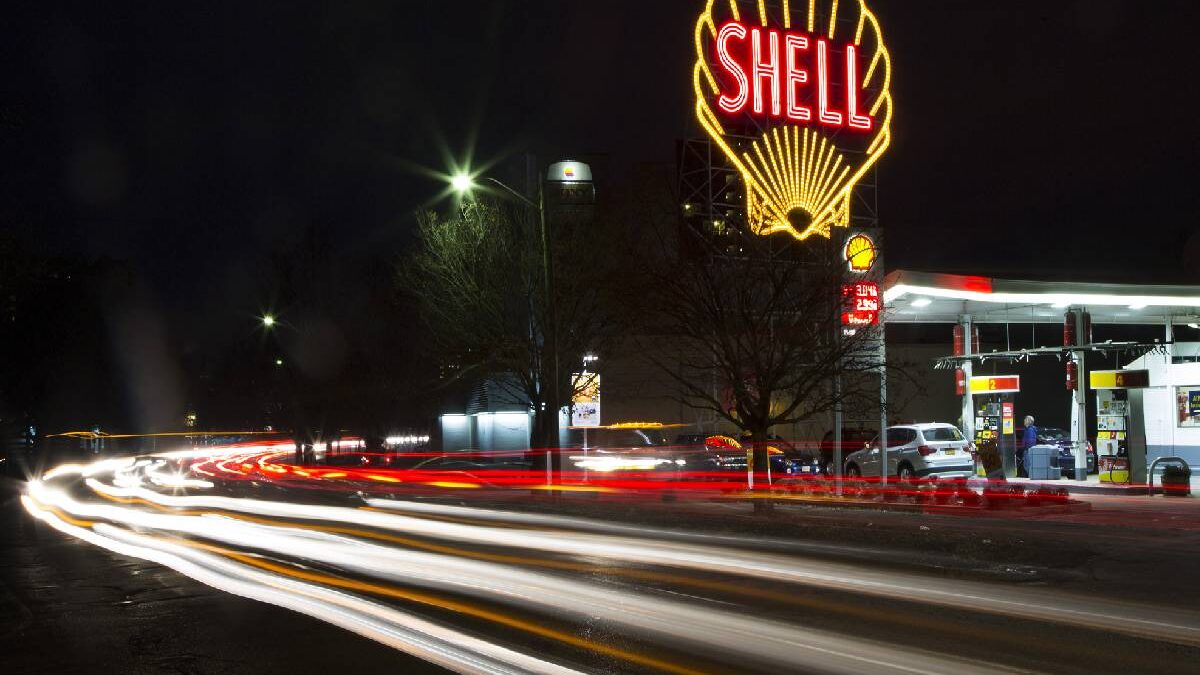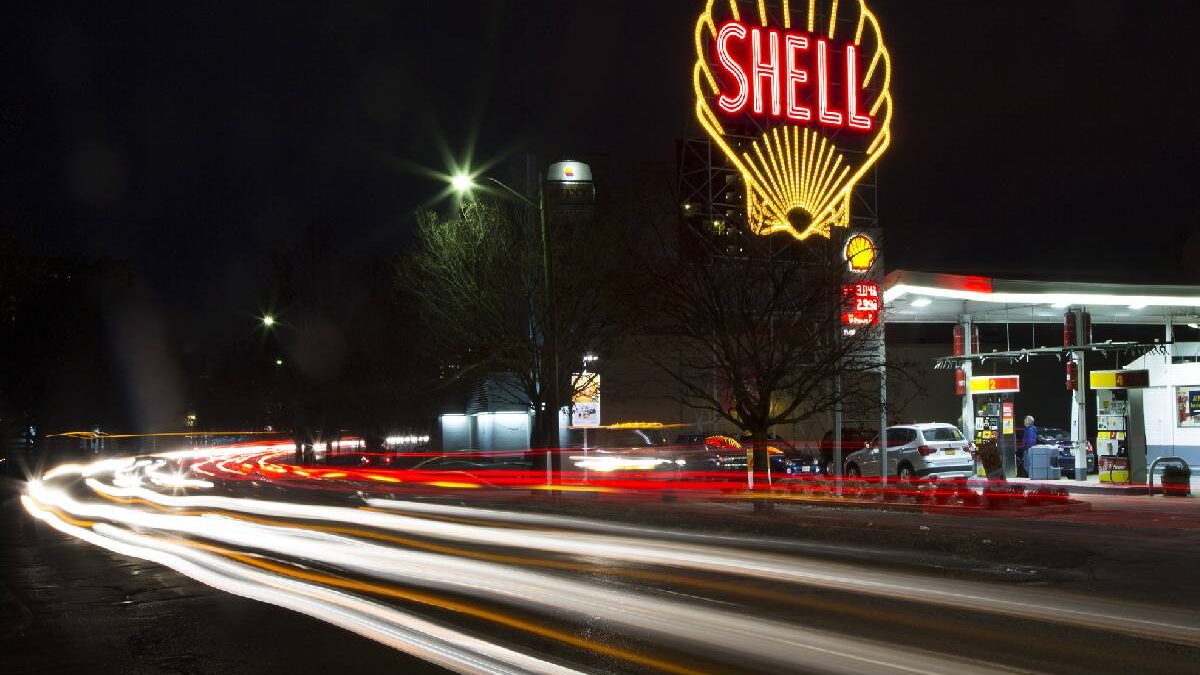
Royal Dutch Shell has been asked to reduce direct and indirect emissions at least by 45% before 2030. The oil company appealed to a court in The Hague regarding a recent ruling that said their emissions strategy wasn’t impactful enough. Shell CEO Ben Van Beurden, who feels that they have been unfairly “singled-out”, accepted the challenge. He also pledged to make their efforts better. The oil company can conceptualize and implement an adequate climate change plan by accelerating their carbon-emissions reductions.
Van Beurden promised that they would take measured steps over the next few year to ensure that their emission reductions are both profitable and purposeful. Shell has promised to accelerate their transition towards becoming emissions-free. They believe a court decision that singles out Shell will not be as effective as clearer strategies to encourage other companies to follow suit. Instead, if each company acts collaboratively on the climate change issue, it can encourage everyone else to do so.
Shell has a plan to reduce the intensity of emissions by 20% by 2030 and then by 100% by 2020. The court determined that 20% wasn’t enough but 45% was.
In order to reduce emissions, the company sold their assets and transferred them to new buyers. The company will only transfer emissions to new operators, and this can increase emissions depending on the way the new owners run.
Van Beurden also believes that the company can reduce its carbon footprint by ceasing to sell gasoline and diesel. In the current climate, this solution is not feasible due to the high demand. The financial stability of the company will be negatively affected if these products are removed. Both products will be sold to maintain financial stability, but they will also increase their efforts in order to find cleaner energy sources. Shell has said that it has made significant investments in low-carbon energy sources like biofuels and hydrogen fuels as well as wind and solar power over the past few years, in order to achieve its energy transition strategy.
The court ordered that the oil company continue to increase their emission reduction plans while they are working on an appeal. The court insisted that the ruling would not be delayed just because Shell declared it was going to appeal.
Shell’s current emissions of carbon dioxide or the disregard of the court decision will violate the Dutch citizen’s human rights. Any government, business or organization can be held liable by potential victims for not preventing a large climate change. Article 6:162 in the Dutch Civil Code outlines that all organizations are required to reduce their carbon emissions.
Friends of the Earth, along with over 17,000 plaintiffs, filed a lawsuit against Royal Dutch Shell. They believe the oil company has been aware of the dangers of carbon dioxide emissions for many decades but that their emission targets are still insufficient. The Paris Climate Agreement calls for a worldwide carbon emission reduction of 68% by 2030.
Michael Burger, executive director at the Sabin Centre for Climate Change, described it as a historic court decision. In an interview with Rolling Stone magazine, he said that such a ruling had never been made before. The connection between a fossil fuel company and threats to the environment and human rights has never been acknowledged.
Roger Cox, a lawyer for Friends of the Earth, celebrated the victory of the case. A judge had finally ordered that a large oil company which polluted to comply with the Paris Climate Agreement. This could be a precedent for all other large oil companies.
Donald Pols, the director of the organization, responded to the decision by saying that the judge had made it clear to Shell that they must stop as they are a danger to the environment. He added that it will make the world more livable for children.
Rachel Kennerley, an international climate activist for the environmental group Rachel Kennerley, believes that Shell’s CEO should take these issues seriously and shouldn’t dismiss them with a simple appeal. Instead, he should use the ruling of the court as a wake-up call and do what is right.
Shell works with consumers, suppliers and other partners to further reduce emissions. Shell will continue to take major initiatives in order to accelerate the transition of its business to zero emissions. Shell’s executive committee and board will be involved in the creation of its energy transition strategy.
Contact emissions.co.uk for more information on diesel compensation claims and their impact on you and the environment. They have experts who can provide you with the information that you require.
Related posts


